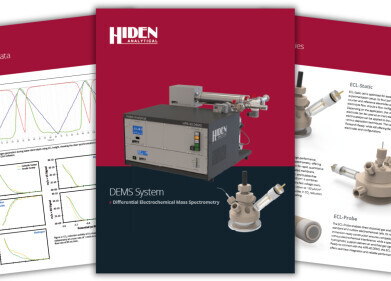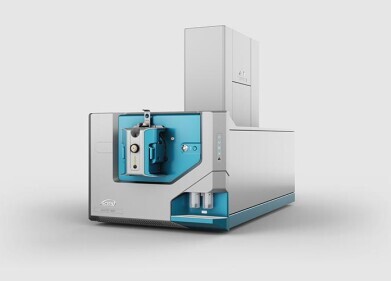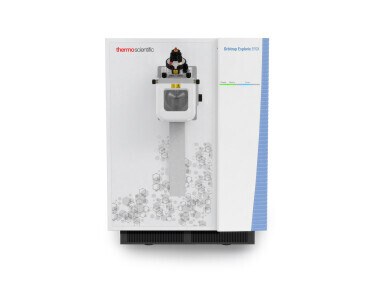Mass spectrometry & spectroscopy
When is the Best Time to Eat?
Sep 28 2018
For most people, adhering to daily breakfast and dinner times is normal. Now, a pilot study is challenging the concept of pre-set eating times and suggesting that mixing things up can actively reduce body fat. The findings were published in the Journal of Nutritional Sciences and indicate that slight changes to daily breakfast and dinner schedules can elicit significant health benefits.
The study was led by the University of Surrey's Dr Jonathan Johnston and saw participants divided into two groups. The first were asked to eat breakfast 90 minutes earlier than usual and dinner 90 minutes later. The second were a control group who simply adhered to their normal schedule.
The health benefits of "time-restricted feeding"
Over a period of 10 weeks the team studied the impact of "time-restricted feeding" on factors like dietary intake and body composition, as well as blood risk markers for health conditions like heart disease and diabetes. In contrast to pre-existing conceptions that routine is an important part of a healthy lifestyle, the study found that those who switched up their daily mealtimes lost around twice as much body fat as their control group counterparts. This was largely caused by a drop in overall food consumption. When questioned in a survey, the time-restricted feeding group cited reduced appetite, limited eating opportunities and minimal snacking as major causes.
"Although this study is small, it has provided us with invaluable insight into how slight alterations to our meal times can have benefits to our bodies," explains Johnston, a Reader in Chronobiology and Integrative Physiology. "Reduction in body fat lessens our chances of developing obesity and related diseases, so is vital in improving our overall health."
Finding a life/eating time balance
While the benefits were clear, Johnston also admits that time-restricted diets aren't always compatible with day-to-day life. When asked whether it would be viable to maintain the new meal time slots 57% of participants admitted they wouldn't be able to accommodate the erratic schedule in the long-term.
"However, as we have seen with these participants, fasting diets are difficult to follow and may not always be compatible with family and social life. We therefore need to make sure they are flexible and conducive to real life, as the potential benefits of such diets are clear to see," says Johnston.
Want to know more about the latest technology being used to improve public health? Exploring the issue of global environmental pollution, 'Using Electron Paramagnetic Resonance (EPR) to Track Free Radicals in the Environment' explores how spectroscopy is being used to detect carbon-based radicals derived from everyday activities like roasting coffee beans or toasting bread.
Digital Edition
Lab Asia Dec 2025
December 2025
Chromatography Articles- Cutting-edge sample preparation tools help laboratories to stay ahead of the curveMass Spectrometry & Spectroscopy Articles- Unlocking the complexity of metabolomics: Pushi...
View all digital editions
Events
Jan 21 2026 Tokyo, Japan
Jan 28 2026 Tokyo, Japan
Jan 29 2026 New Delhi, India
Feb 07 2026 Boston, MA, USA
Asia Pharma Expo/Asia Lab Expo
Feb 12 2026 Dhaka, Bangladesh



















